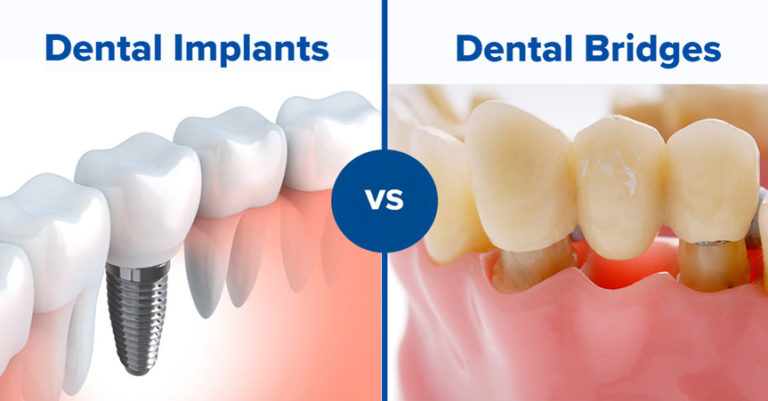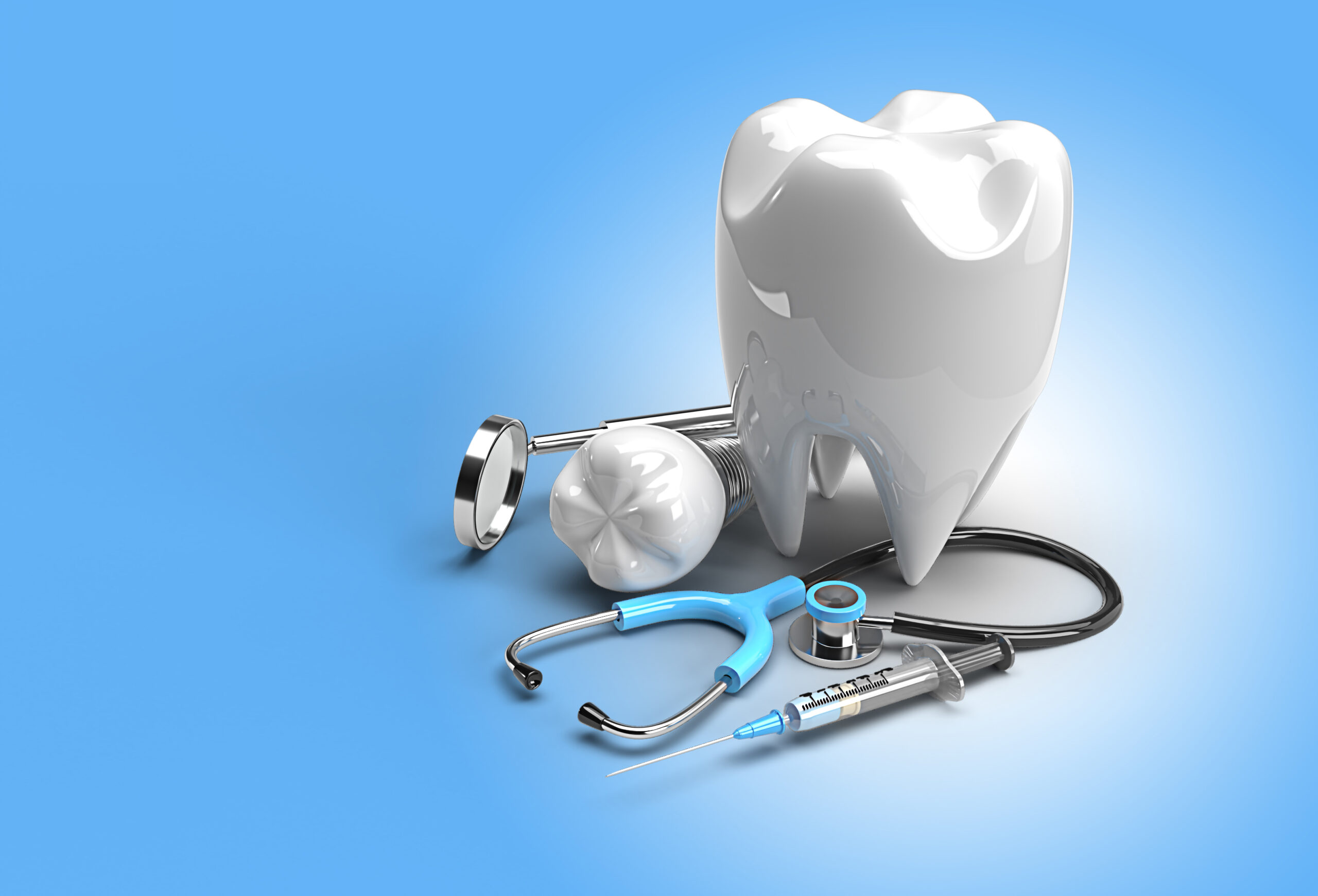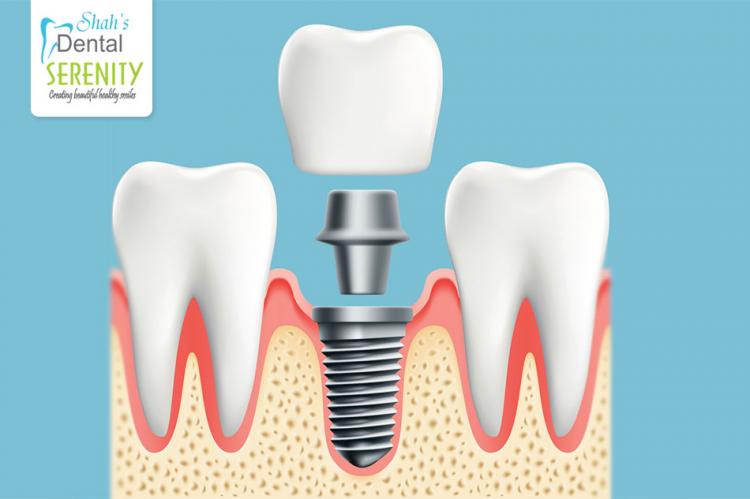What Are Dental Implants?
Dental implants offer a solid foundation for fixed or removable replacement teeth. They are designed to resemble natural teeth and function as substitute tooth roots. They offer several advantages:
- Improved facial appearance
- Improved speech, oral health and safety
- Better bite
- Convenience
- Lasting results
What Are Dental Bridges?
Dental bridges are used as bridges to fill the space created by one or more missing teeth. For the teeth on either side of the gap, the dental bridge consists of two or more crowns. The two or more anchoring teeth are known as abutment teeth, with false teeth or intermediate teeth known as pontics. Dental bridges can be supported by real teeth or dental implants. Bridges help restore the smile and the ability to chew and speak correctly, help maintain the natural shape of the face, distribute the forces in the bite, and help the remaining teeth maintain their natural position.
Although both dental implants and bridges seem to offer similar benefits, dental implants are more preferred. Let’s look at the underlying reasons.
Why Choose Dental Implants Over Bridges?
1. When a tooth is missing, the jawbone in that area begins to shrink, which can affect the adjacent and surrounding teeth. Dental implants prevent this and promote bone growth, which helps preserve facial structure.
2. Dental implants are a lot like natural teeth when it comes to feel and function. This is because the titanium implant replicates the restoration of the form, function and lifespan of the tooth root.
3. In the case of dental implants, there is no risk of cavities compared to bridges. Implants are also relatively easy to clean, as simple dental floss can easily go around the implant. They do not require any special cleaning devices or equipment or extra efforts when it comes to oral hygiene.
4. Bridges are placed over the gum in the space where the tooth is missing. While dental implants are fixed in the jawbone, offering natural stimulation with chewing actions. This strengthens and protects the jawbone below the missing tooth, preventing the unfavourable consequences of bone loss that are frequently observed in bridge patients. Implants also promote healthy bone growth and strengthen the jawbone, which in turn helps maintain the facial jawline.
5. The success rate of dental implants is much higher than that of dental bridges. It varies according to its location in the jaw. However, in general, dental implants have a much higher success rate, up to 98%.
6. The quality of the implants, the patient’s bone health, oral hygiene, the experience of the restorative dentists or oral surgeons performing the implant surgery, etc. help determine the longevity of dental implants. For the most part, dental implants last a lifetime if they are cared for as prescribed by the dentist. Additionally, all dental implants are backed by a lifetime guarantee. So with dental implants, you can sport a healthy smile for years to come.
If you are looking for one of the best dental clinics in Mumbai for dental implants then get in touch with us at Shah’s Dental Serenity. We offer exceptional services to help you achieve that perfectly healthy, beautiful smile of your dreams.






